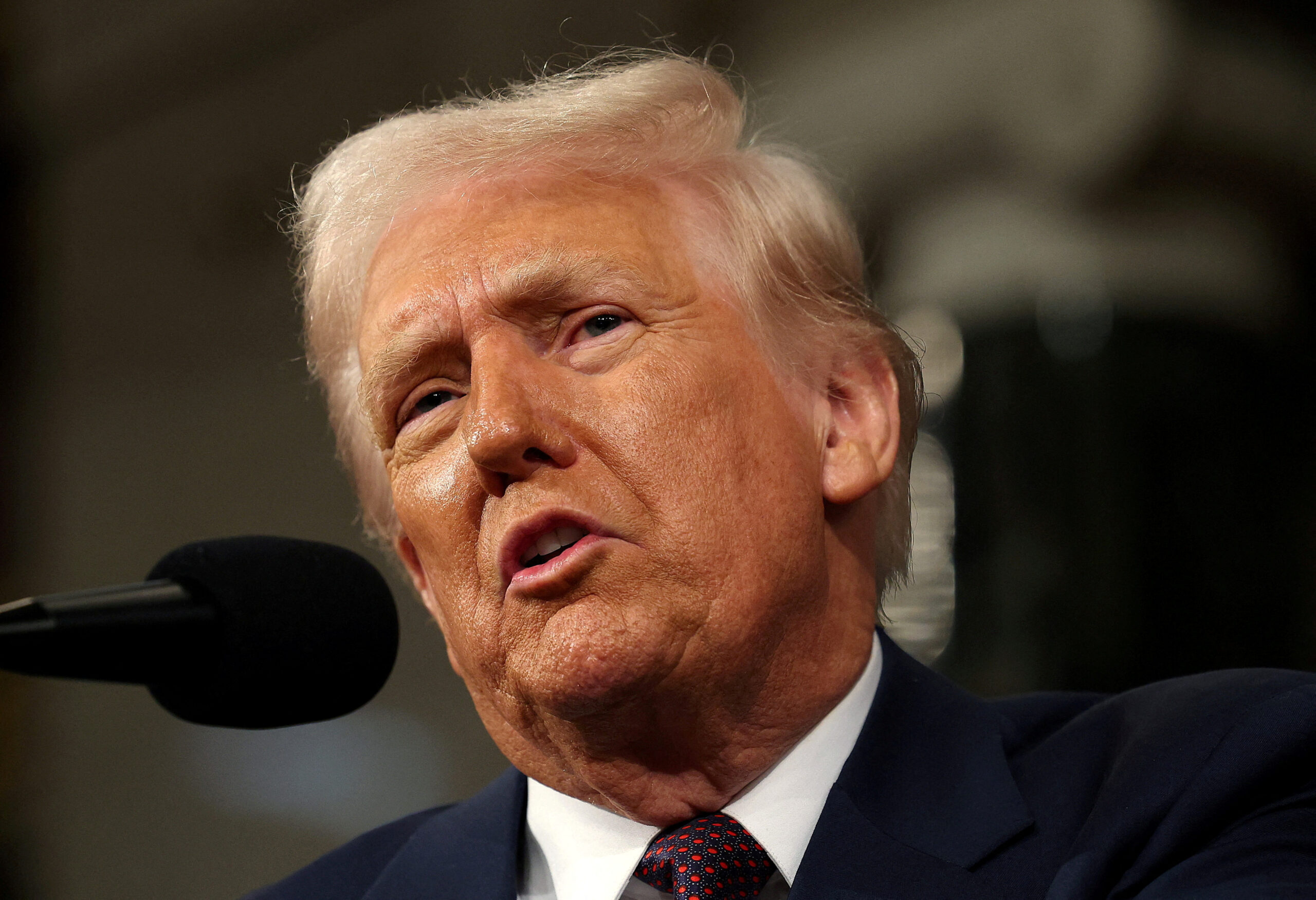As President Trump prepares to unveil the framework of a new trade deal with the United Kingdom, financial analyst and Futures Edge podcast host Jim Iuorio joined Chicago’s Morning Answer to break down what that could mean for markets, tax policy, and the broader economic outlook heading into the second half of the year.
Appearing alongside hosts Dan Proft and Amy Jacobson, Iuorio described the proposed trade agreement with the UK as a promising development—more important in its symbolic momentum than the immediate economic weight it carries. “This was always about one adversary,” Iuorio said, pointing to China as the ultimate trade test. “If the rest of the world is falling in line, then China doesn’t have the same leverage.”
He noted that foreign investment decisions like Volkswagen Group’s plan to build more Audis in the U.S. are a sign that Trump’s trade strategy is bearing fruit earlier than many expected. “These are good and important headlines,” Iuorio said. “They show companies believe America is a destination for high-value production.”
Asked about how markets are responding, Iuorio suggested that while some expectations for deals and tax relief are baked in, the market could rally further if Trump delivers tangible results. “If the market is skeptical and he overdelivers, we should see a rebound,” he noted.
The conversation also touched on the Fed’s role in Trump-era policy. Iuorio pushed back against claims that tariffs are inherently inflationary, echoing recent commentary from pollster Mark Penn suggesting that tariffs act like a tax—pulling money out of the economy and potentially justifying rate cuts. “They’re a one-time price adjustment,” Iuorio explained. “Not persistent or embedded inflation.”
Turning to tax policy, Iuorio warned of turbulence ahead if Congress fails to extend Trump’s 2017 tax cuts. He argued that corporate and capital gains tax relief must be the centerpiece of any package and expressed concern over recent GOP flirtations with raising the top rate or easing SALT (state and local tax) deductions for wealthy blue state constituents.
“If they don’t act in the next two months, things could get rocky,” he said, emphasizing that market confidence hinges on clear signals of pro-growth policy. “We want people making a million dollars a year. We want them allocating capital.”
When asked about the upcoming talks between U.S. and Chinese officials in Switzerland, Iuorio was skeptical that the initial meeting would yield much. “Trump likes the drama,” he said. “I think both sides will walk away, at least the first time.”
On China more broadly, Iuorio cautioned that data coming out of the country remains unreliable, making it difficult to get a clear read on its economic health. “There’s no good source of sound info,” he said, recommending commodity prices like copper as a more trustworthy economic indicator.
The interview took a lighter turn as Proft and Iuorio reflected on the decline of Skype and the broader lesson of market-driven creative destruction. “One company wins, another loses. That’s how it should work,” Iuorio said, arguing that monopolies only persist where government intervention distorts competition.
The conversation wrapped with a trip recap from Iuorio’s recent visit to Italy, where he saw the now-notorious 13-foot statue in Florence. “It was a bummer,” he said, lamenting the encroachment of “body positivity nonsense” even in the heart of Europe’s historic art capitals.
Iuorio remains optimistic—albeit cautiously—about the economic road ahead, provided policymakers stay focused on tax cuts, deregulation, and pro-growth reforms. “There’s still time,” he said, “but the clock is ticking.”





